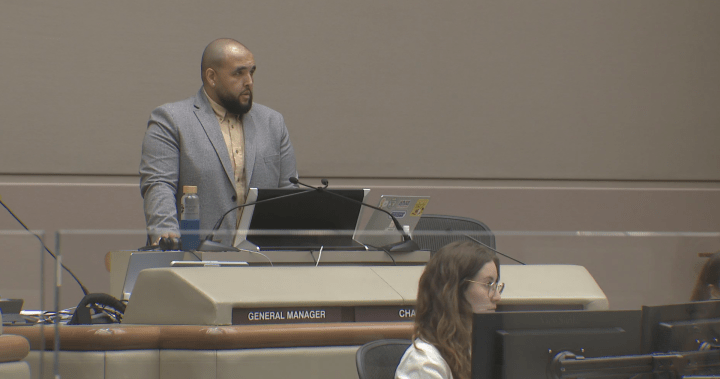Calgary city officials recently provided an update on the progress of implementing the city’s housing strategy, which was approved by council in September. Out of the 98 recommendations in the strategy, five have been completed, including a city-wide rezoning initiative and efforts to make city-owned land available for non-profit affordable housing providers. Progress is being made on 53 recommendations, with 12 of those ahead of schedule. The committee also gave initial approval to a program incentivizing the development of secondary suites. The city aims to have approximately 80% of the actions in the strategy initiated by the end of 2024.
While progress on implementing the housing strategy is moving quickly, Ward 8 Coun. Courtney Walcott emphasized the need for realistic expectations. He noted that it will take time to see significant results, as the time it takes to create a problem is often equivalent to the time it will take to solve it. However, market conditions have worsened since the strategy was approved, with a rental vacancy rate of 1.1% and significant increases in rent and housing prices. Walcott acknowledged that things may continue to deteriorate until more actions are completed to address the housing crisis.
City officials and partners are facing challenges such as capacity constraints, supply chain issues, and increasing costs. Non-profit housing providers, like the HomeSpace Society, are also experiencing difficulties due to competition for resources, such as labor and materials. The city council approved an additional $90 million in capital funding and $135 million in operating and one-time funding over three years to implement the strategy’s recommendations. This funding will support initiatives such as the secondary suites incentive program, a housing land fund, a central intake process for affordable housing, downtown development incentives, and Indigenous affordable housing.
The city is also set to receive $228.5 million from the federal government’s Housing Accelerator Fund (HAF). The goal is to increase the housing supply by 41,858 units by October 2026, with 6,825 HAF-incented units included in that target. However, some councilors, like Ward 10 Coun. Andre Chabot, believe that the efforts to increase the supply of non-market housing are not sufficient. Chabot expressed concerns that the investment in market housing is inadequate and that the focus should be on non-market housing. The committee also gave initial approval to create a volunteer expert advisory committee on housing to advise city officials on the strategy’s implementation and monitor progress towards addressing housing affordability.
Overall, while progress is being made on implementing Calgary’s housing strategy, it may take some time before tangible benefits are seen. Market conditions have worsened since the strategy’s approval, with challenges such as capacity constraints and increasing costs affecting city officials and partners. The city has allocated additional funding to implement the strategy’s recommendations and is set to receive funding from the federal government’s Housing Accelerator Fund. However, some councilors believe that more focus should be placed on increasing the supply of non-market housing to address the housing crisis effectively. The creation of a volunteer expert advisory committee on housing will further support the city in monitoring progress and addressing housing affordability.













